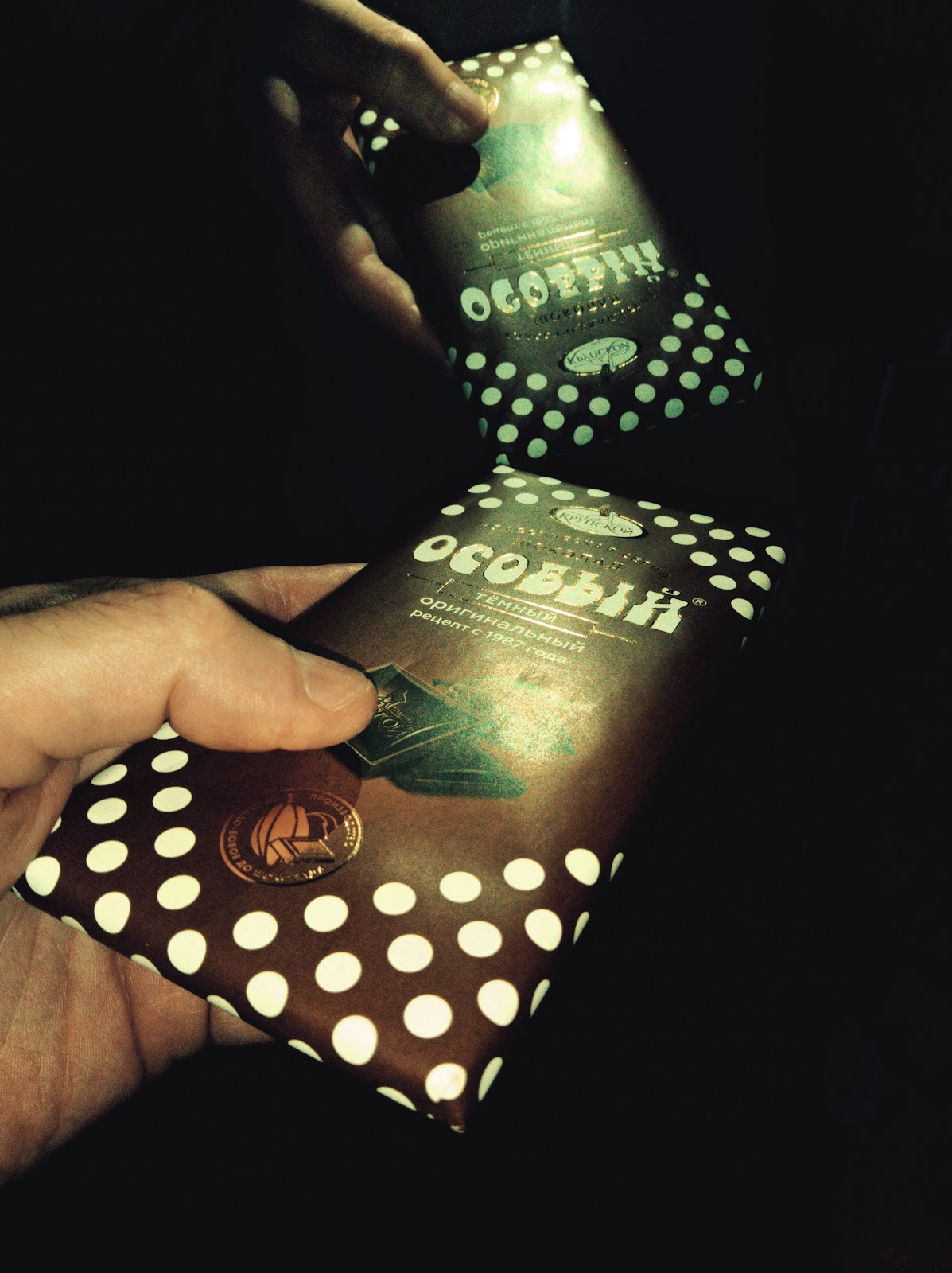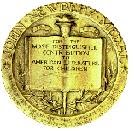Systematic Student:
literature
YA: Love Triangles and the Double Standard

Review: Walden by Henry David Thoreau

Review: Matched by Ally Condie

Review: Gay-Neck, the Story of a Pigeon by Dhan Gopal Mukerji

Review: Vertical Run by Joseph Garber

Short Stories of Isaac Bashevis Singer

I think I just threw up a little in my mouth...

The Storyteller and the Defacement of Public Property

Now, about those lists...

Review: A Christmas Carol by Charles Dickens

The Review

Guest Post with Mette Ivie Harrison +Giveaway!

Memory Monday: Beauty

Interview with Jessica Day George + Giveaway!
Memory Monday: Amber is our Guest!!

Review: XVI by Julia Karr

This really will be the last one...
Memory Monday: Welcome Zohar!













